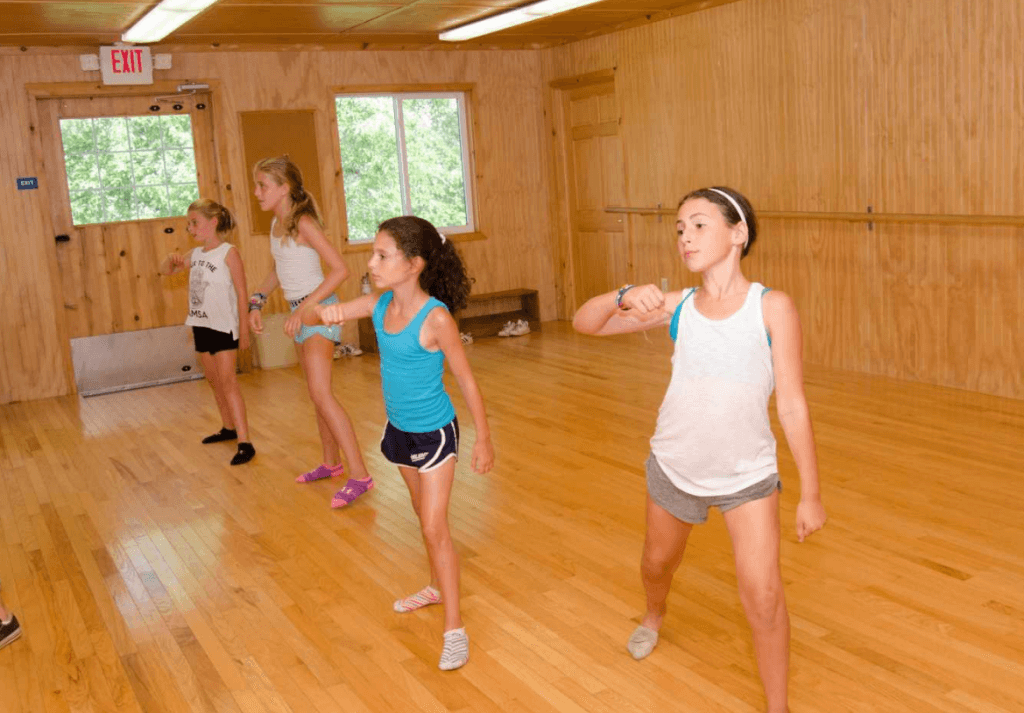
Dance is one of the most popular activities at Camp Starlight. It is a great sport and beneficial in many ways. It is first and foremost a really fun way to spend the summer, but it also serves as a creative outlet for campers, is a great workout, and can be helpful for both novice and seasoned dancers to assist in skill progression.
Taught by counselors who have a love and passion for dance, this activity is popular with boys and girls of all ages and experience levels. The great thing about participating in dance at Camp Starlight is that you can do so much more than dance. Not only do you get all the perks of a traditional sleep away camp, but there is the option to include other similar activities to your daily routine such as fitness, gymnastics, and cheerleading. Campers can expand their horizons and try different sports and activities that will help them become better dancers.
Learning a dance takes dedication and persistence. It is a very physical activity that can push campers out of their comfort zone, but it is also a huge confidence booster. Finally being able to perform a dance you’ve worked so hard to learn is a major accomplishment and a rush many dancers strive for. Dancing is a great way to build self-confidence, and many campers look forward to their time in the dance studio as a way to unwind, relax and let go. It provides a healthy outlet for creative expression and can be a stress reliever for many campers.
Dancing will definitely get your heart rate up, which is why it is such a good option for campers looking to stay (or get) physically fit over the summer. The upbeat music, the time spent with friends and the mental and physical challenges that come with learning a new dance make it one of those exercises that doesn’t feel like a workout at all. Dancing is a great cardio workout and improves coordination, flexibility, and balance at the same time.
The other thing campers love about dancing at camp is that regardless of skill level or experience, every camper feels welcomed, encouraged and supported. Everyone helps and learns from each other, and it is a safe place to be vulnerable and try new things. So put on your dancing shoes and let your inner dancer shine at Camp Starlight!



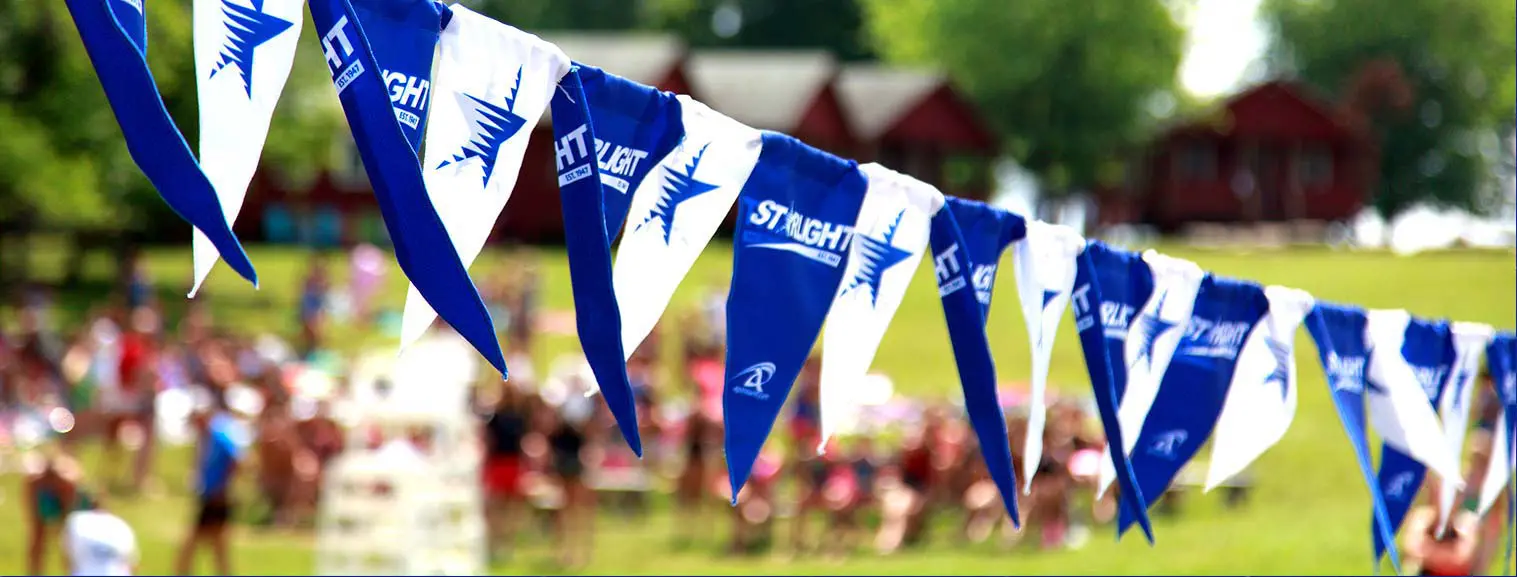
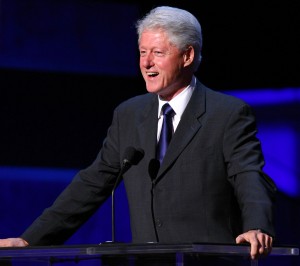

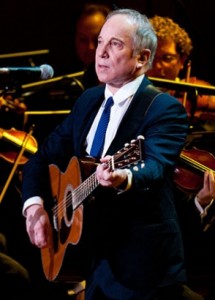
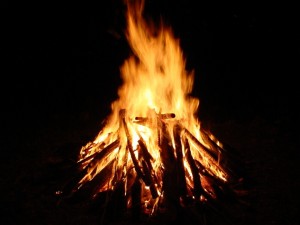
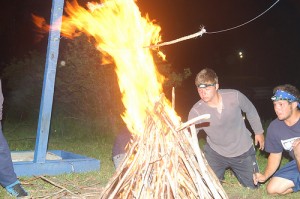
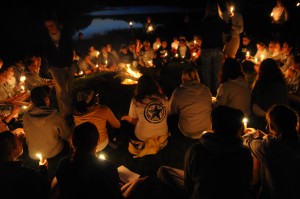
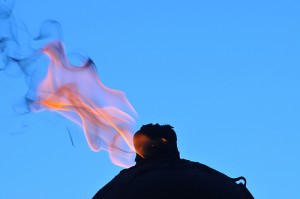
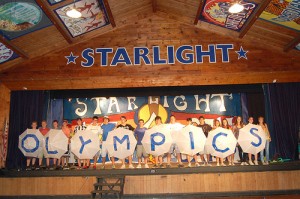
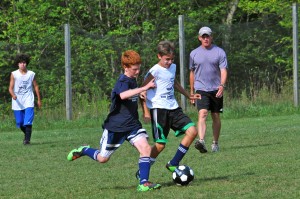
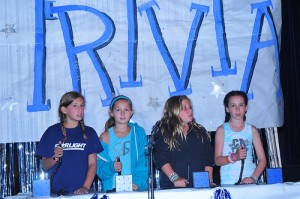
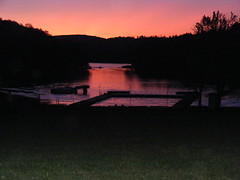 In
In 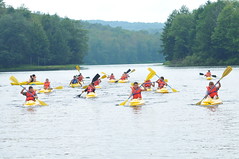 If you’re in Louv’s age bracket, you may also recall a childhood filled with a kind of free, natural play that today seems like an antique artifact compared to current kid’s lives. Lives filled with mobile devices, instant messaging, screen time, digital games and fears of “things” outside. In his book, Louv explores “the increasing divide between the young and the natural world, as well as the environmental, social, psychological, and spiritual implications of that change.” He discusses the accumulating research that implies that secure children (and adults for that matter) must connect with nature to fully develop. This need for contact with the natural world is as imperative as good nutrition and adequate sleep. So, while multiple reasons give us less and less time to connect outdoors, more and more studies suggest that embracing nature is a human necessity.
If you’re in Louv’s age bracket, you may also recall a childhood filled with a kind of free, natural play that today seems like an antique artifact compared to current kid’s lives. Lives filled with mobile devices, instant messaging, screen time, digital games and fears of “things” outside. In his book, Louv explores “the increasing divide between the young and the natural world, as well as the environmental, social, psychological, and spiritual implications of that change.” He discusses the accumulating research that implies that secure children (and adults for that matter) must connect with nature to fully develop. This need for contact with the natural world is as imperative as good nutrition and adequate sleep. So, while multiple reasons give us less and less time to connect outdoors, more and more studies suggest that embracing nature is a human necessity. Louv discovered that
Louv discovered that 
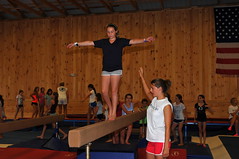 If you’ve been following this blog for a while, you know that we’ve focused a lot on how much fun kids have at camp — learning new sports; spending time with friends old and new; going on amazing trips; connecting with friends and counselors. But camp is also an educational experience for the children. We’re so used to education being “school” that it’s a real shift in perception to see lacrosse, tennis, living in a bunk, and other camp activities as education; but educational activities they are, as many parents can attest now their kids are back in school!
If you’ve been following this blog for a while, you know that we’ve focused a lot on how much fun kids have at camp — learning new sports; spending time with friends old and new; going on amazing trips; connecting with friends and counselors. But camp is also an educational experience for the children. We’re so used to education being “school” that it’s a real shift in perception to see lacrosse, tennis, living in a bunk, and other camp activities as education; but educational activities they are, as many parents can attest now their kids are back in school!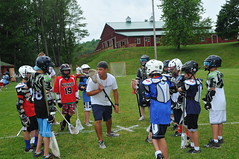 So what kind of difference can summer camp make to your child’s development? As the Executive Director of the
So what kind of difference can summer camp make to your child’s development? As the Executive Director of the 
